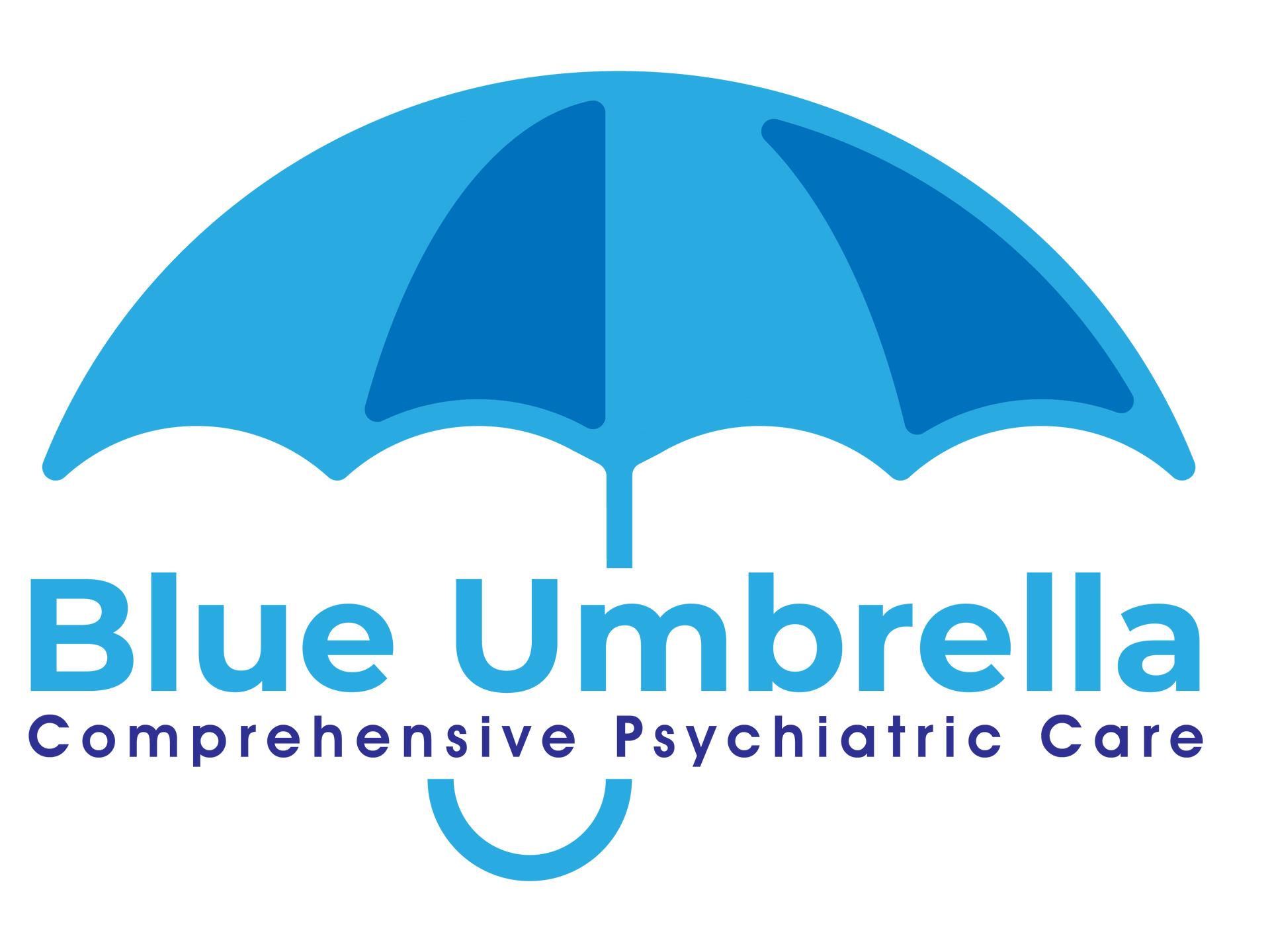Understanding OCD
Obsessive-Compulsive Disorder is not just about being a "neat freak" or a "germaphobe." It's a complex mental health condition that involves two main components: obsessions and compulsions. Obsessions are intrusive, unwanted thoughts, images, or urges that cause distress. Compulsions are repetitive behaviors or mental acts performed to reduce the anxiety caused by these obsessions.
Imagine constantly worrying about something that others might consider trivial, like whether you locked the front door or turned off the oven. Now imagine feeling compelled to check the door lock multiple times or repeatedly turn the oven knobs. That's just a glimpse into the world of OCD.
The Invisible Battle
One of the most challenging aspects of OCD is that it's often an invisible battle. People with OCD may appear completely fine on the surface, but beneath that exterior, they're struggling with intense anxiety and relentless thoughts. This hidden nature of the disorder makes it even more crucial for us to foster understanding and compassion.
The Importance of Empathy
So, how can we support our friends, family members, or colleagues who have OCD? It starts with empathy. Understanding that someone with OCD is not choosing to have these thoughts and behaviors can make a world of difference. Avoid making light of their struggles or telling them to "just relax" or "stop overthinking." Instead, offer a listening ear and a shoulder to lean on.
Treatment and Hope
The good news is that OCD is treatable. Therapy, particularly Cognitive-Behavioral Therapy (CBT) and Exposure and Response Prevention (ERP), can be highly effective in helping individuals manage their obsessions and compulsions. Medications may also be prescribed by a psychiatrist to alleviate symptoms.
It's essential to remember that recovery from OCD is a journey. Progress may be slow, but every small step forward is a victory. Encourage your loved ones to seek professional help and offer unwavering support throughout their treatment.
Breaking the Stigma
OCD is not a quirk or a personality trait, and it's definitely not something to joke about. Reducing the stigma surrounding OCD is crucial to ensuring that those affected feel safe and supported in seeking help. Let's educate ourselves and those around us to break down misconceptions and promote a more inclusive and understanding society.
Conclusion
In our quest to understand Obsessive-Compulsive Disorder, we've uncovered the importance of empathy, support, and awareness. Remember, OCD is not a choice, but recovery is possible with the right treatment and a strong support system.
By fostering a compassionate and understanding environment, we can help those with OCD navigate their journey towards healing and lead fulfilling lives. Together, we can break the stigma and make the world a more accepting place for everyone, including those with OCD.













